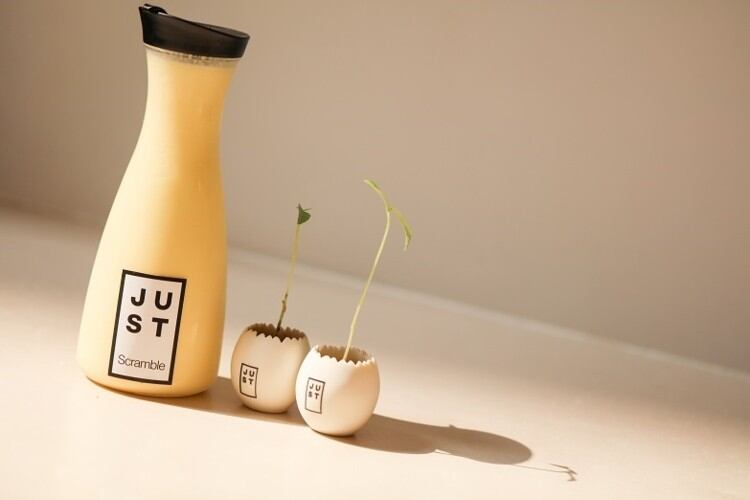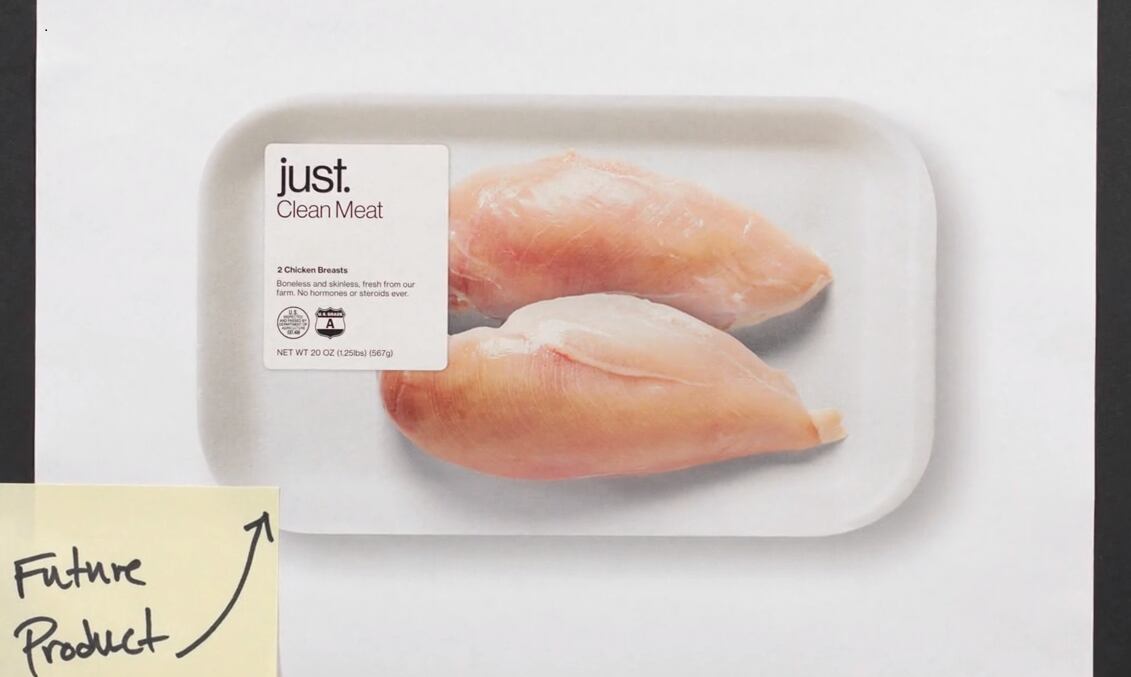San Francisco-headquartered JUST manufactures egg-free mayo, dressings, cookie dough and its Scramble product – an egg-free scrambled egg for foodservice outlets.
The products are currently manufactured in the US, but Tetrick said the firm would soon confirm the location of its first Asia site, with China, Singapore and Japan in the mix.
“We are currently talking to different governments about this,” he said. “We need to make sure we can access high quality facilities for both upstream and downstream manufacturing processes.”
He said talks were also underway with other regional manufacturers to use their facilities and tap into existing distribution networks, while the firm will soon appoint its first Asia general manager.

JUST recently made its first foray into Asia by launching its retail mayo and dressings in Green Common outlets in Hong Kong, with its Scramble products included on its cafeteria menus.
“We’ll look to bring these products to Japan, China and Singapore too as soon as possible,” Tetrick said.
However, he added this was very much the tip of the iceberg, adding that Asia represented huge opportunities for the company.
“If we were starting the business from scratch, we’d probably start it in Asia,” he said. “If we look where the demand is likely to be, where food security is the biggest concern, and where the cultural connection to our products could be the highest, then that could well be Asia.
Tetrick co-founded Hampton Creek, which later changed its name to JUST, with Josh Balk in 2011 to produce plant-based alternatives to foods that traditionally require eggs.
The company, which aims to reduce the carbon footprint of the food industry, has been heavily-backed by investors – many of which are Asia-based – and is now valued at over one billion dollars.
Cultural connection
Key ingredients in the mayo and Scramble products include mung bean and yellow pea, while the company is also investing heavily in ‘clean meat’ – which uses cell technology to grow real meat in a lab.
And Tetrick believes that Asia’s “stronger cultural connection” to food, as well as more consumer awareness of the ingredients the company uses, will stand it in good stead for regional expansion.
“Someone from Asia is more likely to be familiar with a mung bean than someone from the US,” he added.
“That said, we have always been clear that we are not a plant-based brand or a vegan or vegetarian brand.
“We do want to sell to people who don’t eat eggs and to those who are curious about our type of products, but the most important group of people is those who currently eat eggs. That’s where we will make the biggest difference.”
Longer-term, Tetrick has even grander ambitions. He told us that he wanted JUST to become the first truly “aspirational food company”.
“If you look at sportswear, It’s Nike,” he said. “If you look at transportation it’s becoming Tesla. For technology, it’s Apple. But there isn’t relay a food company that fits into that and it is something I’ve become more aware of.
“We need to figure out how to become that, and I think it will mean us having to be available in multiple categories while delivering products that taste amazing.”
He namechecked butter and ice cream, as well as the lab-grown meat items as future product lines.

With regard to the latter, the firm has already created a lab-grown fois gras, and has chicken next in its sights.
While fully aware of the controversy that this will lead to, Tetrick maintains that food security and environmental needs mean it will eventually become commonplace.
The challenge now is to guarantee it can compete in terms of taste and price. If that can be met, it’s highly likely that that rapidly-developing markets like China, where food safety is as much of a concern as food security, would be where it has considerable sales success.

